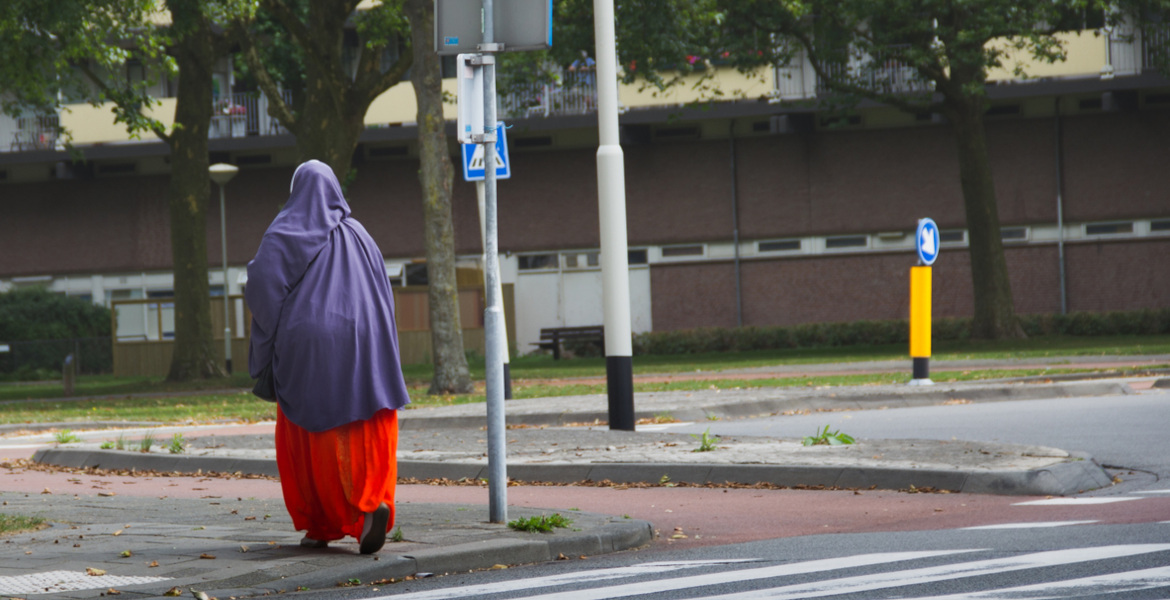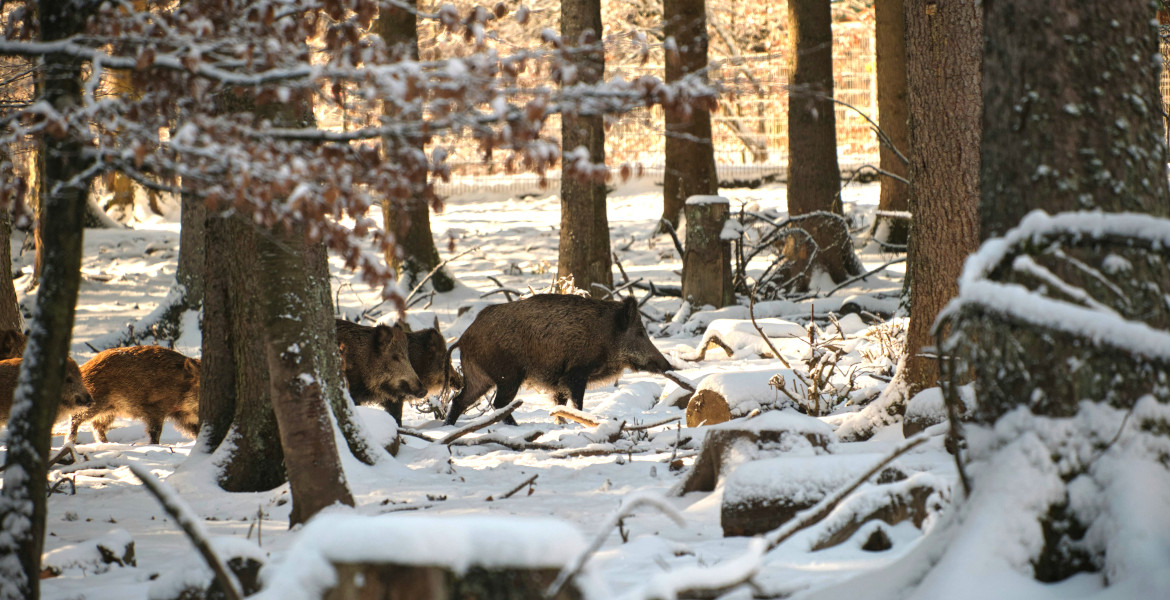According to the Norwegian Society for Nature Conservation, the international attention surrounding several controversial conservation decisions is putting Norway's international reputation at risk. Other countries have reacted to the country's plans for deep-sea mining, the destruction of cultural heritage and the dumping of mining waste in Førdefjorden.
The Norwegian state has decided to build a quarry near the Vingenfeltet rock carving area, which is considered one of the largest areas of Stone Age rock carvings in Europe, which has been criticized by the international organization for the protection of cultural heritage, Icomos, among others. The area has about 2000 unique rock carvings.
In a letter to Erling Sande, Minister of Local Government and Regional Development, the organization writes that it protests "in the strongest possible terms" against the Norwegian authorities putting "priceless cultural heritage" at risk. It was Sande who approved the project despite protests from the state administrator and others.
"Dear Mr. Sande. This is not a choice between priceless cultural heritage and a quarry. You can have both, but not in the same place", writes ICOMOS President Benjamin Smith in the letter, according to Norwegian state broadcaster NRK.
He also recalls how the Portuguese authorities agreed to a similar development project before voters punished them by installing a more environmentally friendly government.
Mining waste and seabed mining
In January, the Norwegian Society for Nature Conservation lost the "Fjord Case" at the Oslo District Court after nearly 20 years of fighting. The fight was against giving Nordic Mining the go-ahead to dump 170 million tons of mining waste in the Førdefjord.
In addition, the EU Parliament passed a resolution against Norway becoming the first country in the world to open up the seabed to mineral exploration, after the Storting voted in favor of the issue.
– This could damage both the marine ecosystem and fisheries resources in the area, EU Agriculture Commissioner Janusz Wojciechowski said in a speech to the parliament.
Truls Gulowsen, chairman of the Norwegian Society for Nature Conservation, says Norway's reputation "has taken a lot of hits lately" and that this affects the country's influence in the international arena. However, he points out that it is "fantastic that ICOMOS is responding and doing so quickly".
– I hope the government will listen and realize that there is no shame in going back, he says.




